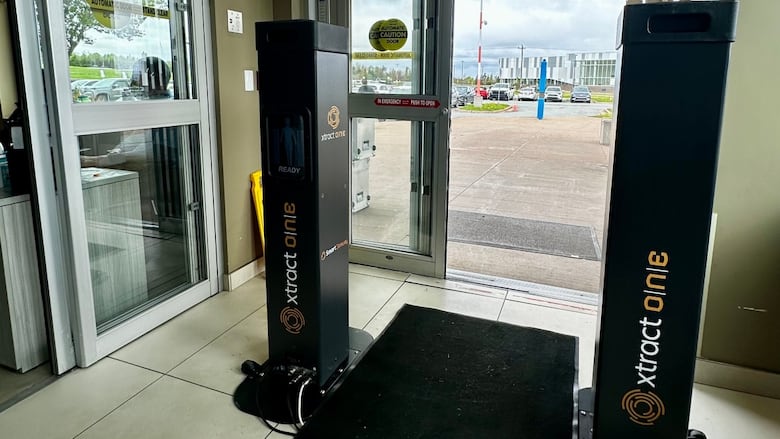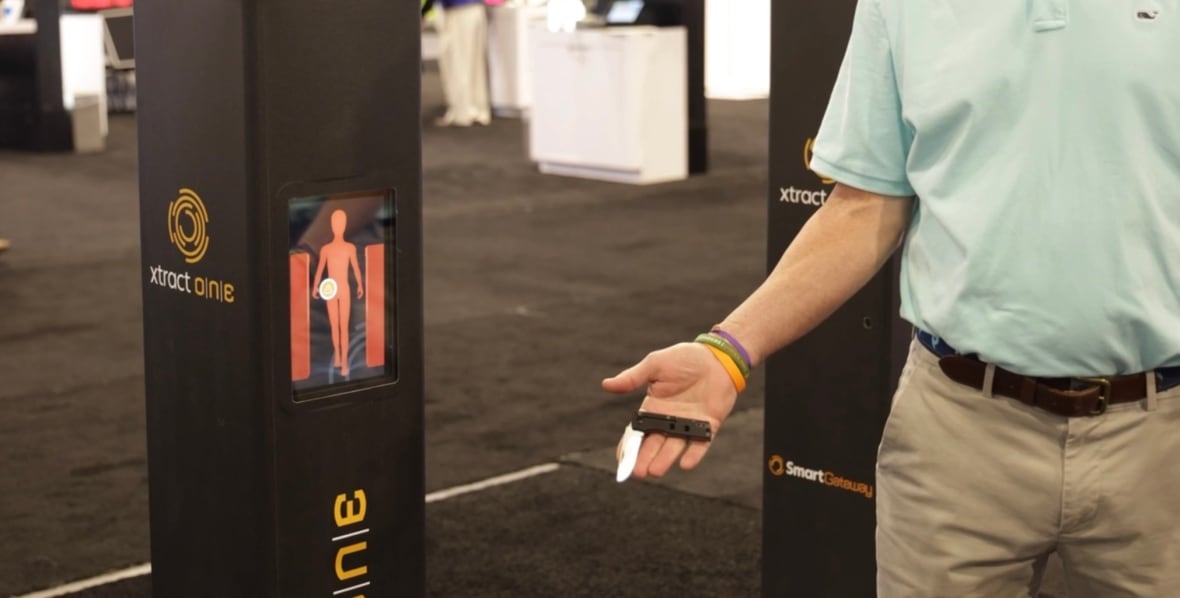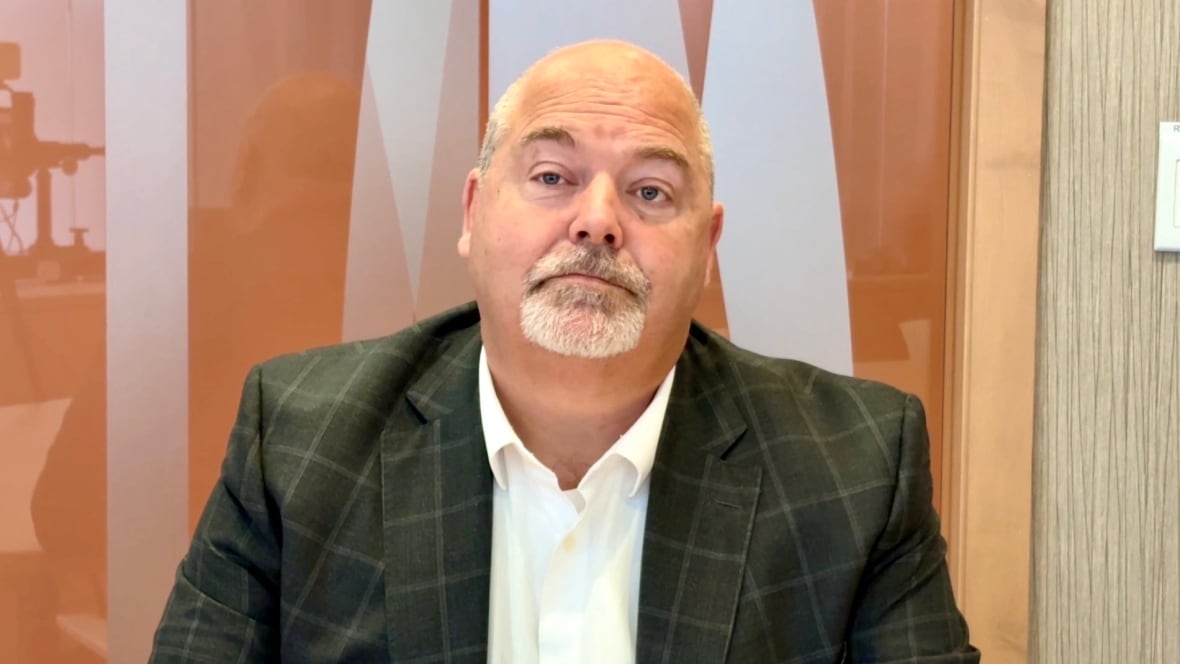AI metal detectors coming to Nova Scotia hospitals
Nova Scotia Health boosting security measures after 2 employees were stabbed in January

Nova Scotia Health is planning to ramp up security at hospitals across the province this fall by installing metal detectors that use artificial intelligence to identify weapons.
The move comes after three employees were attacked by a patient at the Halifax Infirmary in January. Two of the victims were stabbed.
"Our members have been telling us that this was going to happen for a while, just a lack of safety, lack of security. Not only at the [Halifax Infirmary], but a lot of our ERs across the province," said Hugh Gillis, vice-president of the Nova Scotia Government and General Employees Union (NSGEU), which represents many hospital employees.
Gillis is applauding the move to purchase the metal detectors.
"Safety and security is very high on our members' minds."
The new metal detectors, which are made by Xtract One, were recently tested at the Colchester East Hants Health Centre in Truro over a 12-day period.
In that time, the health authority says 7,400 people walked through the system in the emergency department, which found 49 prohibited items — mostly pocket knives and box cutters.
The items were confiscated, but returned to the owners when they left the hospital.

Dean Stienburg, the director of security for Nova Scotia Health, says some people who spotted the metal detectors went back to their cars and left items behind.
"We had a lot of positive comments from staff that they were feeling more secure. They were feeling better that these types of precautions are being taken."
The system uses AI to determine if metal on the body is something common — such as keys or a belt buckle — or a potential weapon. A small screen with a generic human shape shows exactly where the item is located, eliminating the need for wands to check people.
Stienburg says no personal data is collected in the process.
He says those details are important, because the health authority wants to make it a smooth process to enter the building for people seeking health care.
He says these systems are already in use at hospitals across the country.
"It's not a panacea for all our problems by any stretch of the imagination. We will use it in conjunction with other things to make our security more effective but we were quite happy with the way that it performed."
Stienburg says the health authority hasn't yet finalized the deal with Xtract One, so he doesn't know the cost of the equipment and the number of machines that will be installed.

The money will be coming out of a $7-million safety innovation fund that was established by the provincial government.
Stienburg expects the first metal detectors to arrive this fall. He says they'll be installed in locations that have experienced the most problems first, before ending up across the province.
He says further safety reviews are underway, including one that is testing a device with an emergency alert button for staff.
"We are seeing more incidents for sure. We seem to be in a different time. We need to be able to flex, move and respond."

